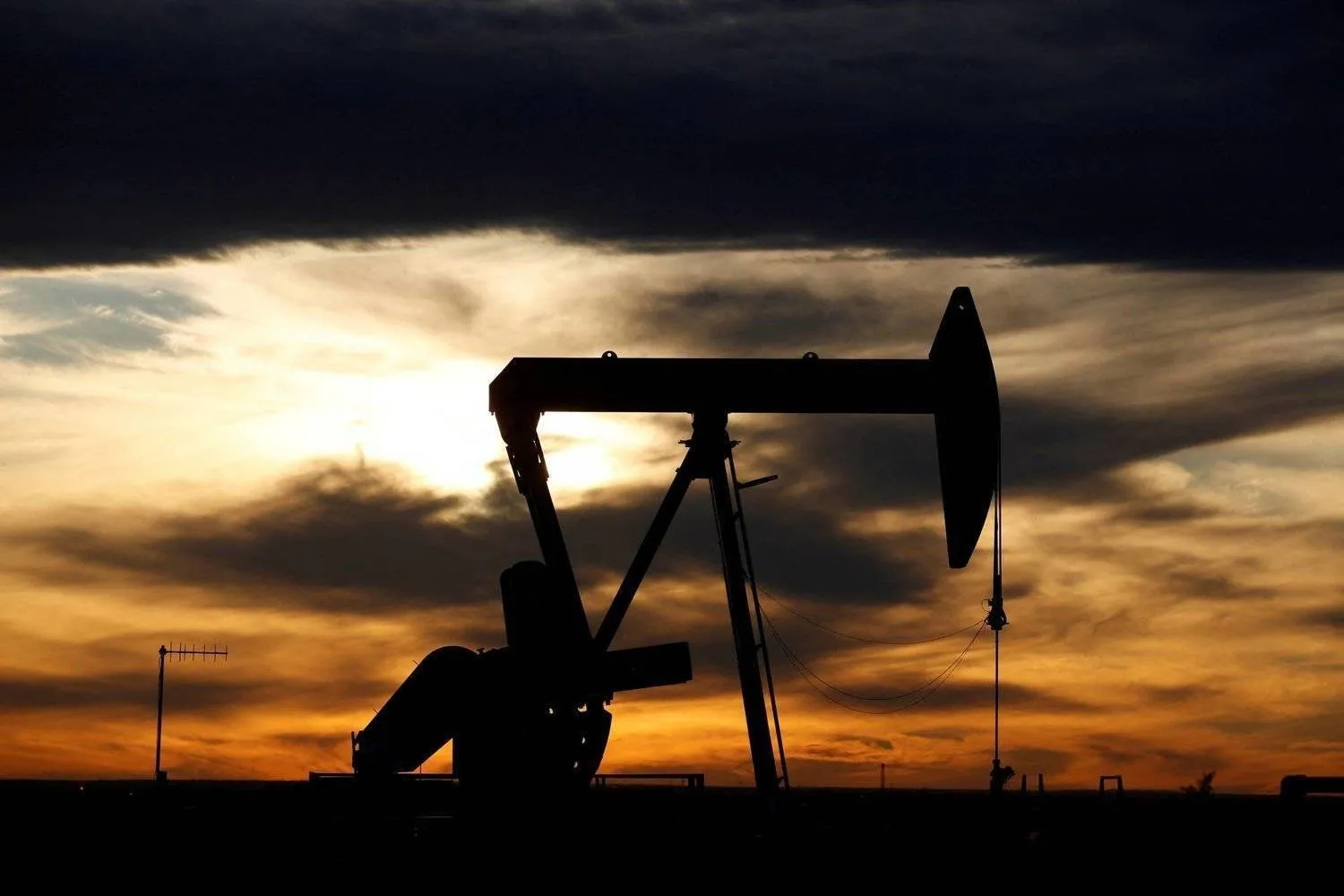Oil prices fell on Wednesday after industry data showed US crude inventories swelled more than expected, though futures were still up about 2% this week as traders factored in continuing conflict in the Middle East.
Brent crude futures dropped $1.14, or 1.5%, to $74.90 a barrel by 1255 GMT. US West Texas Intermediate crude futures shed $1.10, or 1.53%, to $70.64.
Oil had settled higher in the previous two sessions, paring last week's losses of more than 7%. Those declines stemmed from worries about Chinese demand and some easing concerns around Middle East oil supply being disrupted, but investor sentiment appeared to reverse at the start of this week, Reuters reported.
"Two days of rallies eat at much of last week's 7% loss due to market perceptions of how the pieces of the war puzzle are falling into a timely picture in which Israel finally strikes directly at Iran," said PVM analyst John Evans.
Wednesday's price drop came after data showed US crude stocks rose by 1.64 million barrels last week, according to market sources citing American Petroleum Institute figures on Tuesday. Analysts polled by Reuters had expected an increase of 300,000 barrels.
Official US government oil inventory data is due on Wednesday at 10:30 a.m. EDT (1430 GMT).
But the inventories impact on prices was countered somewhat by persistent concerns over potential oil supply risk from conflict in the Middle East.
"The market continues to wait for Israel's response to Iran's missile attack," ING analysts said on Wednesday, adding that Tuesday's price strength was possibly because of the lack of any outcome from US Secretary of State Antony Blinken's latest visit to Israel.
Blinken pushed on Wednesday for a halt to fighting between Israel and militant groups Hamas and Hezbollah, but heavy Israeli airstrikes on a Lebanese port city demonstrated that there was no respite.
"Market participants priced for the Middle East conflict to drag for longer, with a ceasefire deal potentially seeing some gridlock," said IG market strategist Yeap Jun Rong.









